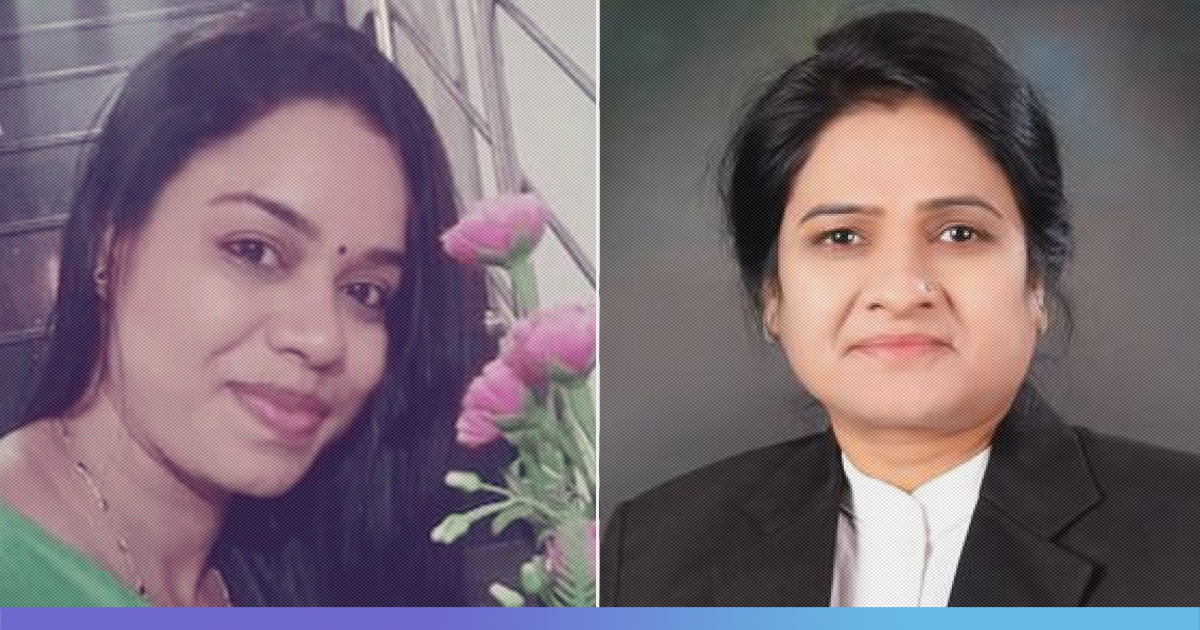Kerala woman police officer was burnt by her own colleague at Alappuzha district in South Kerala on June 15. Soumya Pushkaran, a married woman with three children, repeatedly rejected marriage proposal by accused Ajaz, a civil police officer.
Ajaz and Soumya worked together previously and were on friendly terms. Things reportedly went downhill when Ajaz started asking her to marry him.
Just a few days back, in Agra, Uttar Pradesh, newly elected and the first female Uttar Pradesh Bar Council president Darvesh Singh was shot dead in the court premises. Accused Manish Sharma, a lawyer was good friends with Darvesh but had developed differences over the years.
Safety of Woman At Workplace
Are these incidents one of its kind? The answer is No.
In May 2019, a Police constable in Sangareddy district, Telangana killed his female colleague and set her body ablaze. The accused was already married when he got into a relationship with the deceased. The woman was reportedly pressurising the accused to marry her.
In 2017, a 24-year-old Infosys Pune campus employee, Rasila Raju was killed by strangulation by office guard. The guard was arrested by the police, however, one of Raju’s relatives said that she had complained about the accused to company’s management in the past too.
It may be noted that when we speak of the workforce and women in the workforce, we often form the metal imagery of just the females in a corporate set up. However, when we speak of women safety at workplace, it must not exclude those working in unorganised sectors.
Recently, it was reported that women garment factory workers in Tamil Nadu were given period-pain reducing pills without any prescription, thereby violating labour laws. The women workers were given unlabelled drugs at work with no mention of any brand, composition or expiry date. More than half of the women had serious health issues after consuming it.
Violation of women health by companies employing them has been happening for a long time, and as unfortunate it may sound, it is likely to continue to this way in the absence of stringent and dedicated steps to combat this.
#MeToo And Sexual Harassment At Workplace
Last year, a wave of #MeToo movement hit India. Many women came out with their experiences. The movement brought out cases of sexual harassment faced by women across professions.
The Sexual Harassment of Women at Workplace (Prevention, Prohibition, and Redressal) Act 2013 defines steps regarding ‘harassment faced by women, unwelcome behaviour or sexual gestures comes under the definition of sexual harassment as defined by the Supreme Court of India’.
While the laws on paper appear to be strong, the same cannot be said about its implementation. As per a survey conducted by the Indian Bar Association in 2017, about 70% of women do not report sexual harassment. Another study by the Federation of Indian Chamber of Commerce and Industry (FICCI) in 2015 showed that 36% Indian companies and 25% MNCs do not have an Internal Complaints Committee (ICC), mandated as per the Sexual Harassment Act, 2013.
The Logical Indian Take
A lot of women annually drop out of the workforce. One of the reasons for them to drop out, despite being qualified is the lack of adequate safety measure.
The Labour Force Participation Rate among females in India is among the lowest in the world. As per a Deloitte report titled ‘Empowering Women & Girls in India’, the female labour force participation in India fell from 36.7% in 2005 to 26% in 2018. The report said that a ‘set of underlying social, economic and political barriers limits opportunities for women’. Workplace safety, without a question, forms one of the major reasons why women chose to stay out of the labour force.
Except for the sexual harassment, other kinds of harassment like emotional, psychological and mental, which can very well lead to irreversible harm finds no clear definition.
As per the 100-day action plan initiated by the Modi government in its previous term before the general elections, the women and child development ministry is working on drafting an integrated safety plan along with the ministry of home affairs. How it fares will be seen only after its implementation.
Also Read: Investigation Finds Factories In Tamil Nadu Giving Pills To Women To Reduce Period Pains











